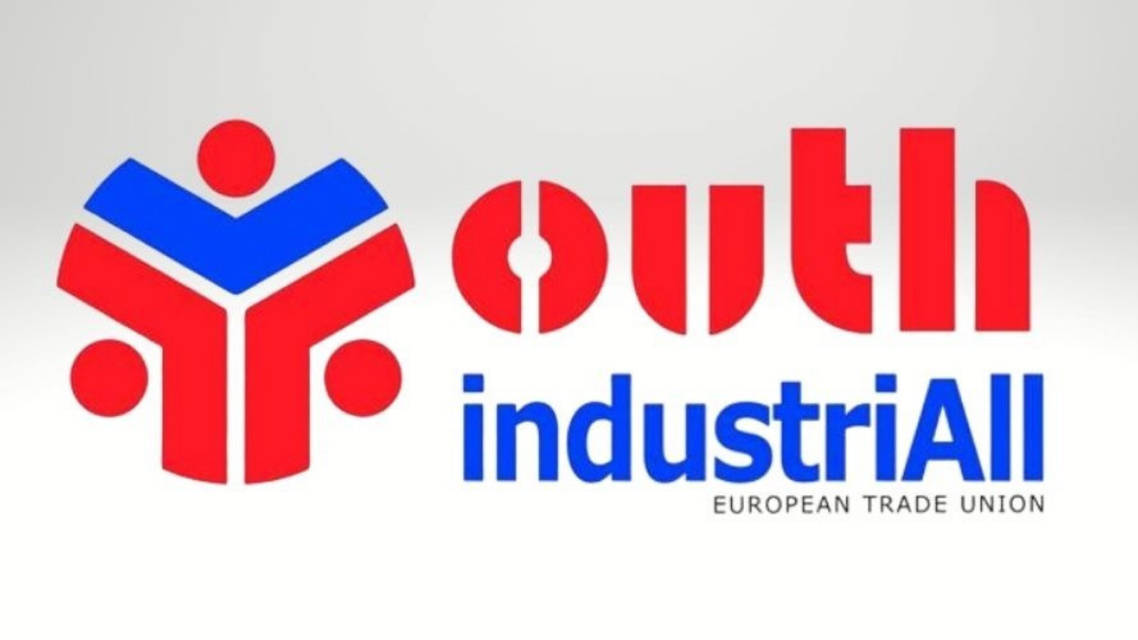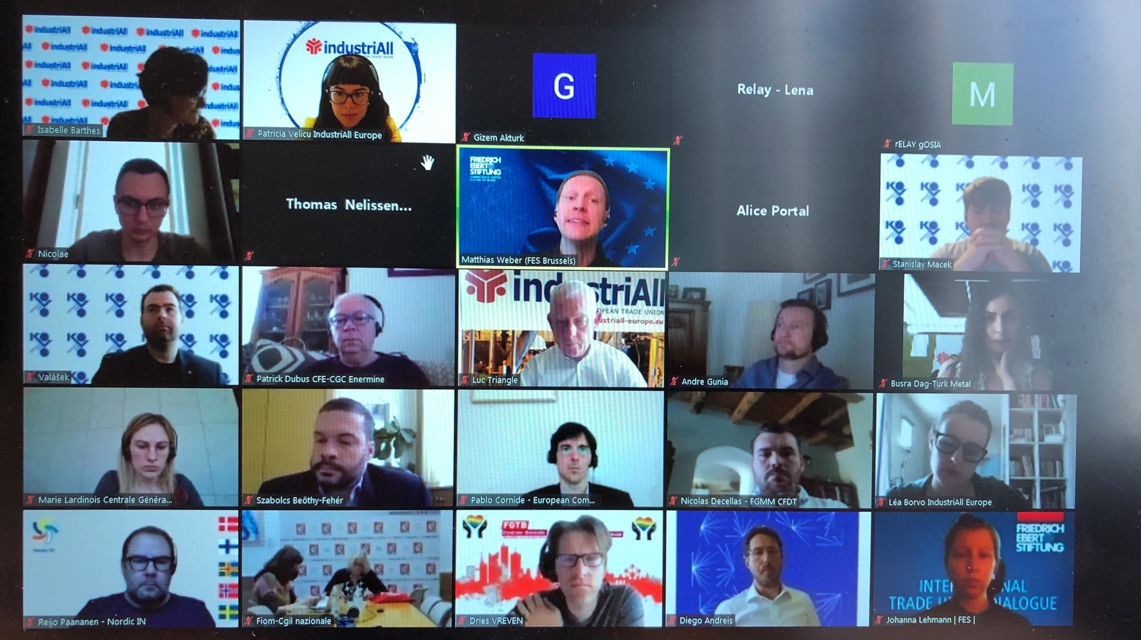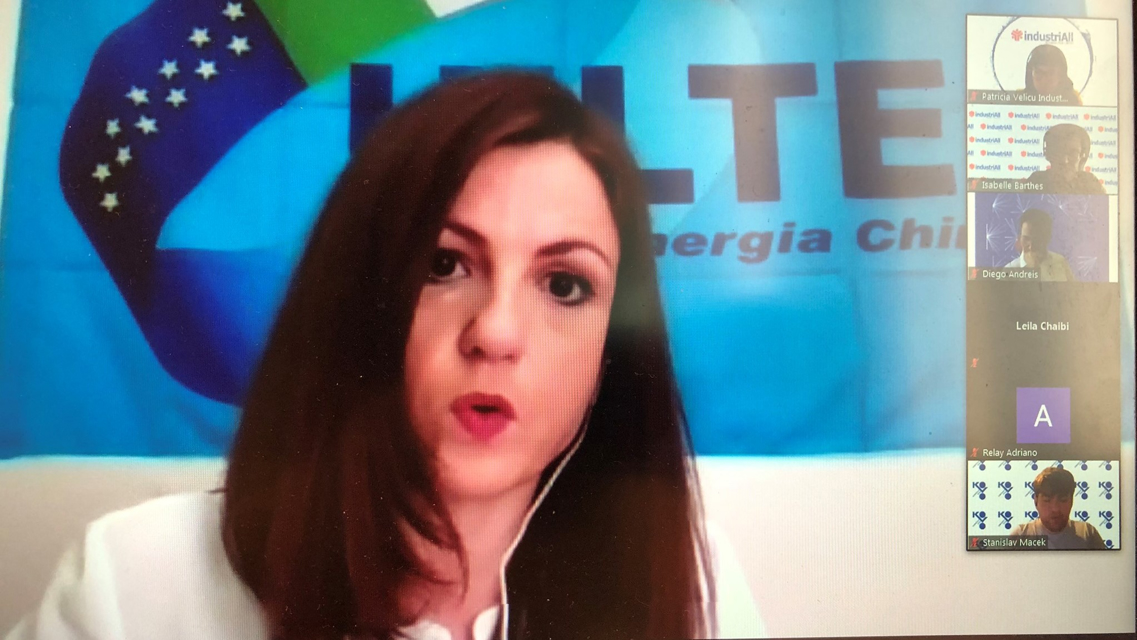We will continue to fight for better and fair conditions for young people on the labour market and we will encourage them to become active trade union members.
Within the framework of an online event organised together with the Friedrich-Ebert-Stiftung foundation (FES EU office, Brussels), industriAll Europe’s youth exchanged with representatives from the European Commission, European Parliament, employers, civil society activists and trade union leaders.*
The discussion evolved around how to get young workers on board in the industry, at the workplace and in the unions. Each representative reported on what their organisation, institution or company is doing to make sure that young people are not left behind in the recovery and the twin digital and green transitions.
Three key conclusions emerged from the event:
- The difficulties of young people did not start with the COVID-19 crisis, but they were aggravated by the economic and social consequences of the pandemic. Policymakers, employers, trade unions and civil society organistions have a collective responsibility to ensure that the recovery works for young people as well. Collective bargaining is the social partners' instrument to use to take them on board in the labour market, to ensure that they can access quality jobs and get equal treatment.
- Today's young generation is not a lost one, it is the highest-skilled that we have ever seen. Young people need to be taken on board in the industry and at the workplace by receiving quality offers of vocational education, training and employment. They need good quality jobs where they can both learn and transfer their digital skills.
- Intergenerational solidarity is the key for a successful recovery and for a just twin digital and green transition. This facilitates the access of young people to employment, enables the transfer of know-how between older and younger workers, but also promote reverse mentoring through which young workers support older ones to acquire digital skills. Trade unions must also support a generational renewal and step up their efforts to recruit and organise young people and to take them on board in the labour movement structures.
Isabelle Barthès, industriAll Europe’s Deputy General Secretary, said:
“This event has led to important conclusions that will be incorporated in industriAll Europe’s Youth Action Plan to be implemented over the next two years. We will continue to fight for better and fair conditions for young people on the labour market and we will encourage them to become active trade union members. Young people are not only the future, they are also the present.”
*A brief report of the meeting can be accessed here.


